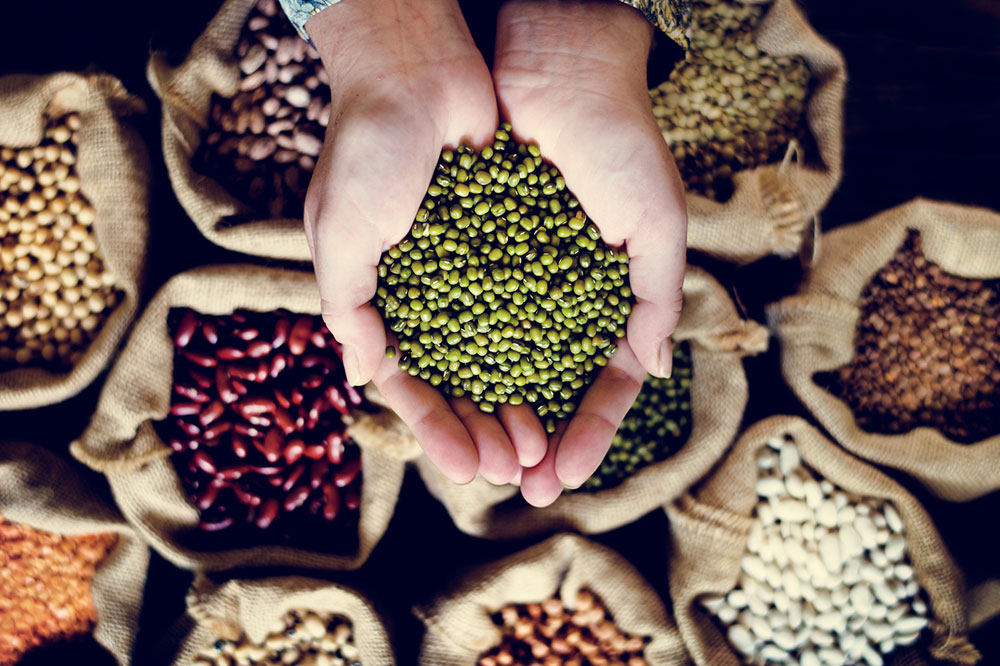Nutritional Tips for Managing Multiple Myeloma Symptoms
This article offers comprehensive nutritional strategies to help manage multiple myeloma symptoms. It emphasizes the importance of iron-rich foods, fruits, vegetables, fiber, gentle foods, and vitamins to boost immunity, combat side effects like anemia and constipation, and improve overall well-being. Always consult a healthcare professional for personalized dietary advice to support treatment and recovery. Proper nutrition plays a crucial role in maintaining strength and supporting immune health during multiple myeloma management.

Nutrition Strategies to Support Multiple Myeloma Patients
Multiple myeloma is a type of blood cancer that targets plasma cells within the immune system, leading to symptoms such as loss of appetite, weakness, and increased vulnerability to infections. Proper nutrition is vital to help maintain strength, boost immunity, and manage side effects. A well-balanced diet consisting of specific nutrient-rich foods can improve energy levels and overall health. Incorporating certain foods can alleviate symptoms and support recovery in individuals battling this disease.
The recommended foods include:
Iron-rich foods Iron deficiency may cause anemia, common in multiple myeloma patients due to bone marrow crowding by cancer cells. Eating iron-rich foods like tropical fruits (guava, mango, pineapple, papaya), green vegetables (broccoli, kale, Brussels sprouts), sweet potatoes, beans, raisins, and lean red meats can help boost red blood cell production, reduce fatigue, and improve overall energy.
Fruits and Vegetables Fruits and veggies loaded with antioxidants support tissue regeneration and combat constipation, a side effect of some treatments. Cooked vegetables are preferable to raw to minimize infection risk given a weakened immune system.
Dietary Fiber To manage chemotherapy-related constipation, increasing fiber intake is essential. Good sources include vegetables such as carrots, artichokes, celery, and beans, along with oats, whole grains, nuts, dried fruits like prunes and figs, and ripe fruits like pears and apples. Adequate hydration with water and prune juice is also important.
Gentle Foods For diarrhea or mouth sores, a low-fiber diet like the BRAT regimen—bananas, rice, applesauce, and toast—can be beneficial. Soft, easy-to-swallow foods such as mashed potatoes and pudding are recommended. Spicy foods should be avoided to prevent mouth irritation.
Vitamins & Minerals Supplementing with vitamins and minerals like folate, vitamin D, iron, and fish oil can support health, but only under medical supervision.
Note: While this article offers helpful dietary guidance, it should not replace professional medical advice. Always consult healthcare providers before making significant dietary changes or taking supplements. The site aims to provide general information but cannot guarantee accuracy or comprehensiveness.










